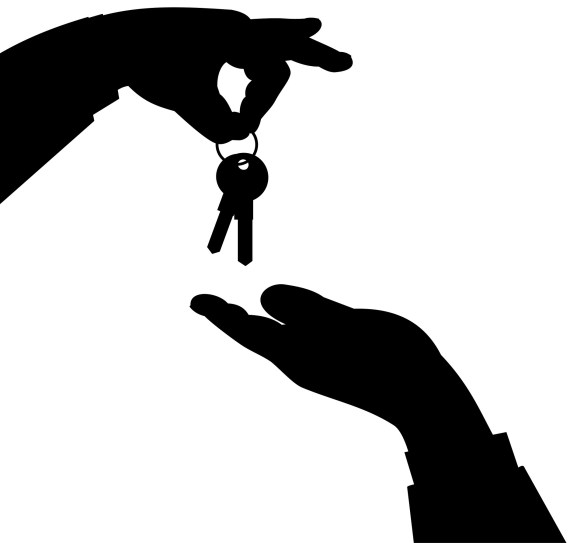Avvo quoted me in What Do Renters Need To Know in A Natural Disaster? It opens,
From hurricanes in the East to wildfires in the West, the past few months have seen an on-going slew of natural disasters in the United States. Fires and floods don’t care whether a property is inhabited by owners or renters. However, most states have laws that address how landlords and tenants deal with a rental property in the aftermath of a natural disaster.
Renters’ recourse in a natural disaster? Leases and local laws.
Check the lease first
The first source of authority on the obligations of landlords and tenants is found in the lease agreement, which should spell out the terms of what happens in case of a natural disaster. But not all leases clearly address this situation. According to Michael Simkin, managing partner of Simkin & Associates in Los Angeles, in cases where the lease is “burdensome or unfair,” local or state laws will govern what happens.
Landlord and tenant responsibilities vary by state
Every state has different laws regarding landlord and tenant obligations after a natural disaster strikes. Here are examples of answers to common tenant questions from some of the states recovering from recent natural disasters.
Can a lease be terminated if a natural disaster makes a rental property unusable?
California: If a rental property is destroyed in a natural disaster, the lease is automatically cancelled. The landlord must refund the rent for that rental period on a prorated basis.
“Many times, the city can come in and condemn the property and effectively force out tenants in unsafe situations. It is also the landlord’s responsibility to terminate a lease when they have knowledge that their rental property is unusable or unsafe,” notes Monrae English, a partner at Wild, Carter & Tipton in Fresno.
Florida: If the premises are “damaged or destroyed,” the tenant may terminate the rental agreement with written notice and move out immediately.
Louisiana: According to the Louisiana attorney general, if a natural disaster damages a property to the point that it is completely unusable, the lease is terminated automatically.
New York: If a rental becomes unfit for occupancy due to a natural disaster, the tenant may quit the premises and is no longer liable to pay rent. Any rent paid in advance should be returned on a prorated basis, according to David Reiss, law professor at Brooklyn Law School.
Texas: Either the tenant or the landlord can terminate the lease with written notice. Once the lease is canceled, tenants’ obligation to pay rent ceases and they’re entitled to a prorated refund of any rent paid during the time the home was not usable.
If the lease is terminated due to a natural disaster, does the renter get the security deposit back?
California: The landlord must return the security deposit within three weeks of the tenant vacating, with any deductions accounted for in writing. The landlord is not allowed to deduct disaster damage.
Louisiana: The landlord is required to return security deposits within one month, as long as the tenant fulfilled the lease obligations and left a forwarding address, according to Brent Cueria, an attorney with Cueria Law Firm, LLC in New Orleans. The landlord cannot deduct for natural disaster damage.
New York: The security deposit must be returned to the tenant, according to Reiss.
Texas: The security deposit must be refunded.



